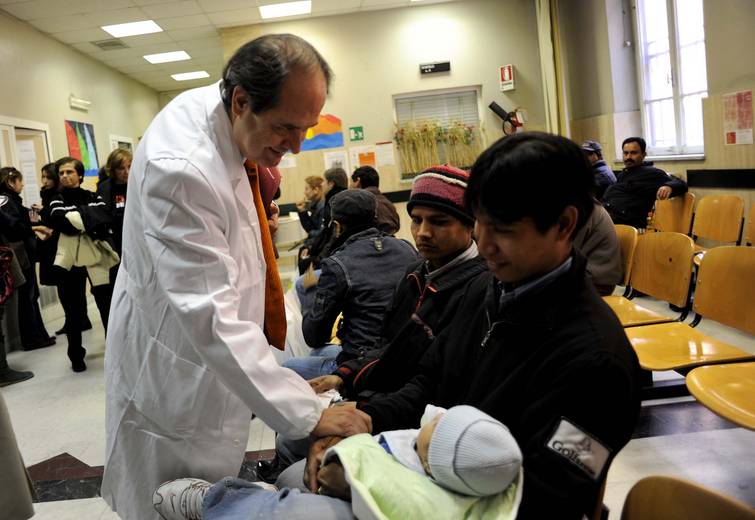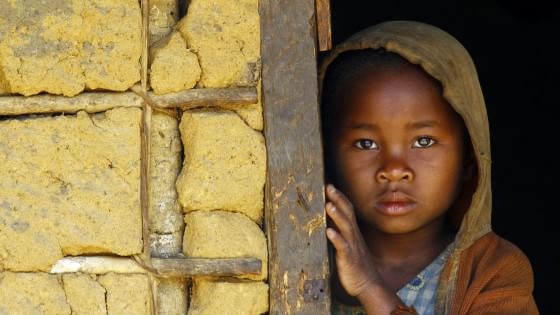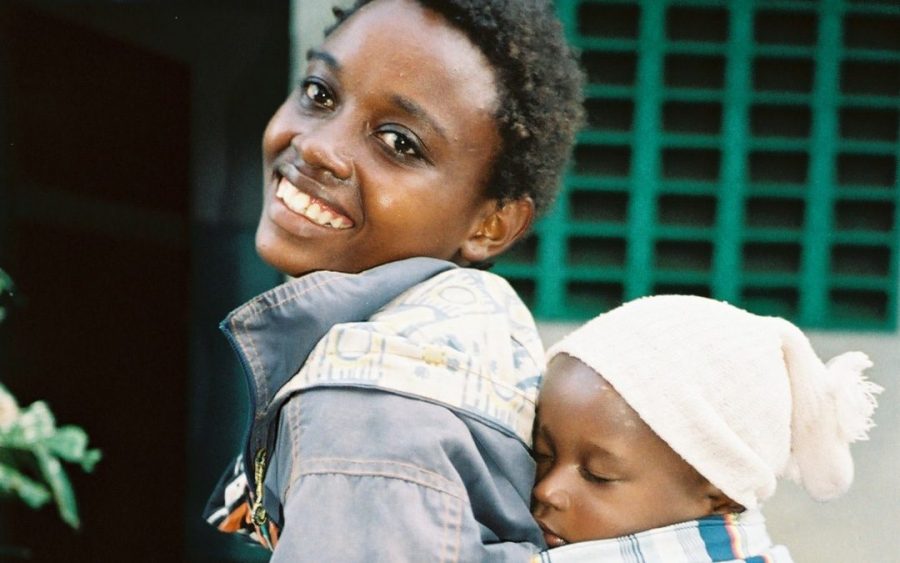Dr. Aldo Morrone's only mission: to provide medical assistance in Africa
Aldo Morrone has recently returned from Ethiopia. It was in Tigray, on the border with Eritrea. A very difficult region, with thousands of Eritrean refugees, including women and children, who fled poverty and dictatorship. Why go back to Africa all the time? Why build hospitals, teach medicine, carry out thousands of visits and scientific research so far from us?
Aldo Morrone: primary infectious disease specialist on a humanitarian mission
Aldo Morrone, primary infectious disease specialist at the San Gallicano hospital in Rome and a world-renowned doctor, has been involved in healing and restoring dignity to the sick in the poorest areas of the planet for more than 30 years.
Helping migrants, yes, but helping them where they live, to improve their health conditions before it is too late. This is the ambitious project of Medicina Solidale Onlus and Ime, the Mediterranean Institute of Hematology. Both have been dealing with risky situations in African countries for many years and who want to be useful. Now that the situation is more difficult.
The Foundation was born thirty years ago at the behest of the Ministry of Health, Foreign Affairs, the Economy and the Lazio Region. It has never stopped in its activities, thanks to the generosity of private donors.

Aldo Morrone and the defense of migrants' right to health: “lto wounded hope, history of female genital mutilation "
Dr. Aldo Morrone, famous for his defense of the right to health of migrants. He is the author of the following text: Wounded Hope: History of Female Genital Mutilation. A text which tells how this practice began. It also demonstrates that eradicating some habits, painful and harmful, is a cultural rather than a medical operation.
This is a very old practice. There are very ancient documents written in Latin by the famous Galen of Pergamum, court physician under the emperor Marcus Aurelius, active in Alexandria of Egypt in the seventh century, at the arrival of Islam. This is not a practice dictated by the Koran. Nor does it depend on religion.
Egypt, for a long time under the Roman imperial rule, was one of the countries where it was usually implemented. But we also find it in Eritrea, Somalia, Ethiopia, in some cases in Sudan, in Cameroon and even in some places in the East such as Indonesia.
It is still a widespread practice today. There are 200 million infibulated women today. Three million girls are at risk every year. In the urban centers of Ethiopia the phenomenon has reduced. But in the small dispersed villages of Africa no. An infibulated girl is worth more on the wedding market. And old women who practice the surgery exert strong pressure on mothers to have their daughters undergo this surgery.

Italy against Infibulation
Italy prohibits infibulation with an explicit law of 9 June 2006 as well as prohibits early marriages banned by all international organizations that have set the minimum age for marriage at 16 years.
There are still 3 million girls a year at risk of female mutilation. To give strength to this battle of civilization, the World Health Organization has declared the day of February 6 as a World Day against this practice.
Aldo Morrone, our Italian doctor, visited the three hospitals set up by his team in order to help these populations perpetually in crisis and also to give all of us Italians tips on how to behave when these populations arrive in our country.
https://www.francoangeli.it/Ricerca/Scheda_libro.aspx?ID=22682





